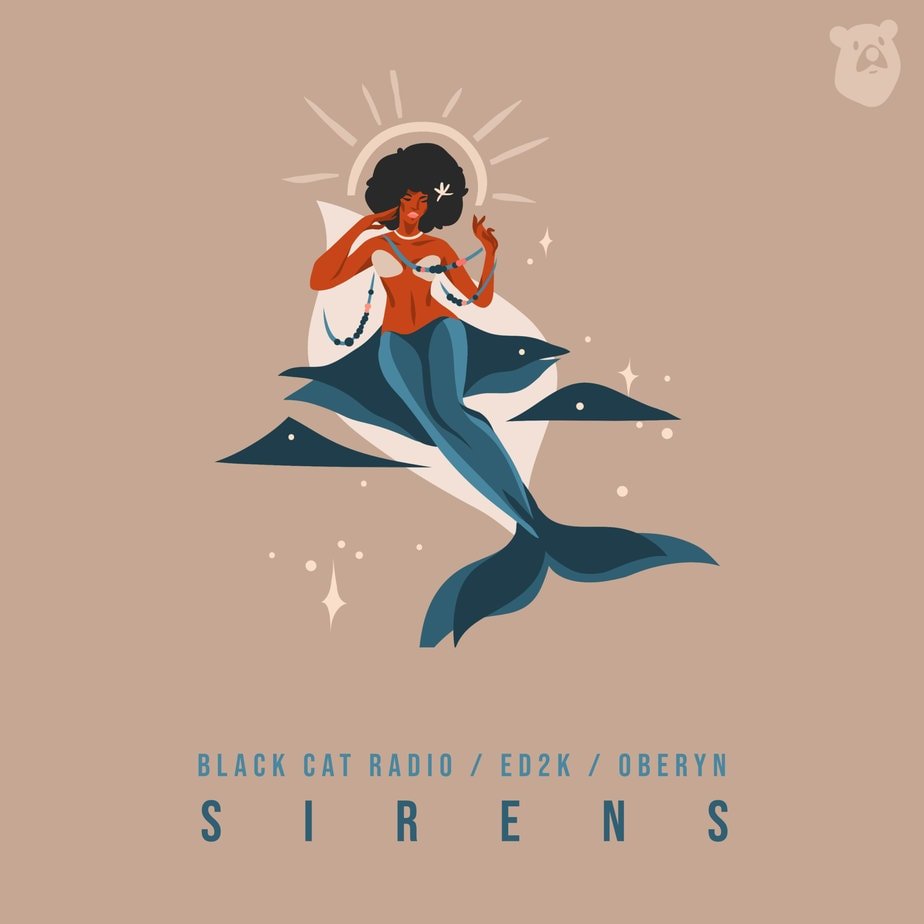
Black Cat Radio, eD2K & Oberyn – Sirens
October 21, 2023
Ryan Shade – Lucid Dream: A Funky Disco House Anthem for the Awakening Mind
October 27, 2023Disco music is a genre that holds a special place in the hearts of many. Its infectious beats, energetic rhythms, and vibrant atmosphere captivated audiences in the 1970s and continue to inspire music lovers today. In this comprehensive guide, we will take a deep dive into the history of disco music, exploring its origins, the artists who shaped the genre, its rise to popularity, and its enduring influence on the music industry.
The Birth of Disco
The roots of disco music can be traced back to the early 1970s, originating in the vibrant nightlife scene of New York City. Disco emerged as a response to the social and political issues of the time, providing an escape for marginalized communities, particularly the Black, Latino, and LGBTQ+ communities. The concept of discotheques, or clubs dedicated to playing continuous music for dancing, took hold, and DJs became the driving force behind the disco movement.
The Precursors to Disco
Before disco became a distinct genre, there were songs in the early 1970s that laid the foundation for its infectious sound. Artists like Diana Ross transitioned from rock & roll to disco sounds, creating a bridge between the two genres. These songs, with their danceable beats and soulful influences, set the stage for the disco revolution that was about to take place.
The Rise of Disco
Disco music began to gain momentum in the mid-1970s, with record companies recognizing the popularity of the music among disco patrons. Artists like Donna Summer, the Bee Gees, Gloria Gaynor, and Earth, Wind & Fire dominated the charts with their disco hits. The release of the iconic film “Saturday Night Fever” in 1977 catapulted disco into the mainstream, making it a cultural phenomenon and solidifying its place in music history.
The Disco Culture and Fashion
Disco was not just about the music; it was a complete cultural movement. The disco culture was characterized by its vibrant fashion, with bellbottom pants, big afros, platform shoes, and colorful, shiny outfits taking center stage. Discotheques became social hubs where people could gather, dance, and express themselves freely. The disco culture fostered a sense of belonging and provided an escape from the challenges of the era.
Disco Hits and Influential Artists
Numerous disco hits defined the era and left a lasting impact on the music industry. Donna Summer, known as the “Queen of Disco,” captivated audiences with her sultry vocals and iconic songs like “Love to Love You Baby” and “I Feel Love.” The Bee Gees, with their soundtrack for “Saturday Night Fever,” became synonymous with disco and produced timeless hits like “Stayin’ Alive” and “Night Fever.” Gloria Gaynor’s empowering anthem “I Will Survive” and Earth, Wind & Fire’s infectious grooves further solidified disco’s place in music history.
The Backlash Against Disco
Despite its immense popularity, disco faced a backlash in the late 1970s and early 1980s. Many rock music enthusiasts, primarily straight white males, rejected disco and saw it as a threat to their own cultural preferences. The hatred for disco stemmed from its association with marginalized communities, as well as the perception that disco music was overshadowing rock music. This backlash culminated in the infamous “Disco Demolition Night” in 1979, where disco records were blown up at a baseball game.
Disco’s Enduring Influence
Although disco’s mainstream popularity declined in the 1980s, its influence on music and popular culture remains strong. Disco laid the foundation for genres like house and techno, with their infectious beats and electronic soundscapes. The disco aesthetic and dance moves continue to inspire artists and performers today. Sampling disco tracks has become a common practice in hip-hop and pop music, keeping the spirit of disco alive and introducing it to new generations.
The Future of Disco
Disco has experienced several revivals since the 1990s, with artists and DJs infusing modern production techniques and styles into the classic disco sound. Genres like nu-disco, deep house, and future house have emerged, merging the nostalgia of disco with contemporary music trends. Streaming services like Spotify and Apple Music have made it easier than ever for disco enthusiasts to discover new music and keep the disco spirit alive.
The Legacy of Disco
Disco music holds a significant place in music history, not only for its infectious beats and danceable rhythms but also for its cultural impact. Disco provided a platform for marginalized communities to come together, express themselves, and find a sense of belonging. The disco movement paved the way for greater inclusivity and diversity in music and continues to inspire artists to this day.
Conclusion
Disco music has left an indelible mark on the music industry and popular culture. Its infectious rhythms, vibrant fashion, and inclusive spirit continue to resonate with audiences worldwide. From its humble beginnings in the 1970s to its enduring influence on contemporary music genres, disco will always be remembered as a cultural phenomenon that brought people together on the dancefloor. So put on your dancing shoes, turn up the disco tunes, and let the spirit of disco ignite your soul. Keep the disco flame burning bright!

